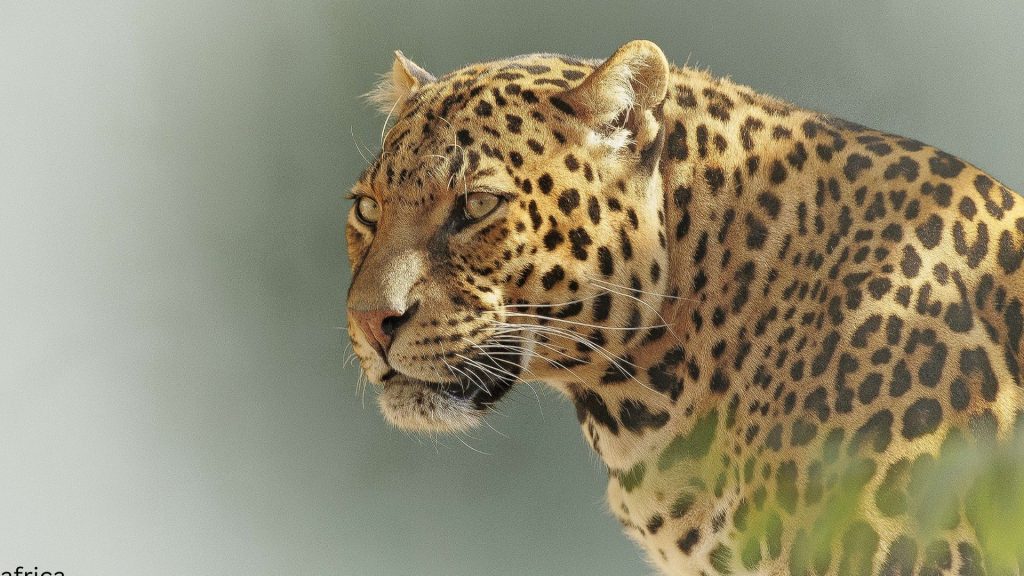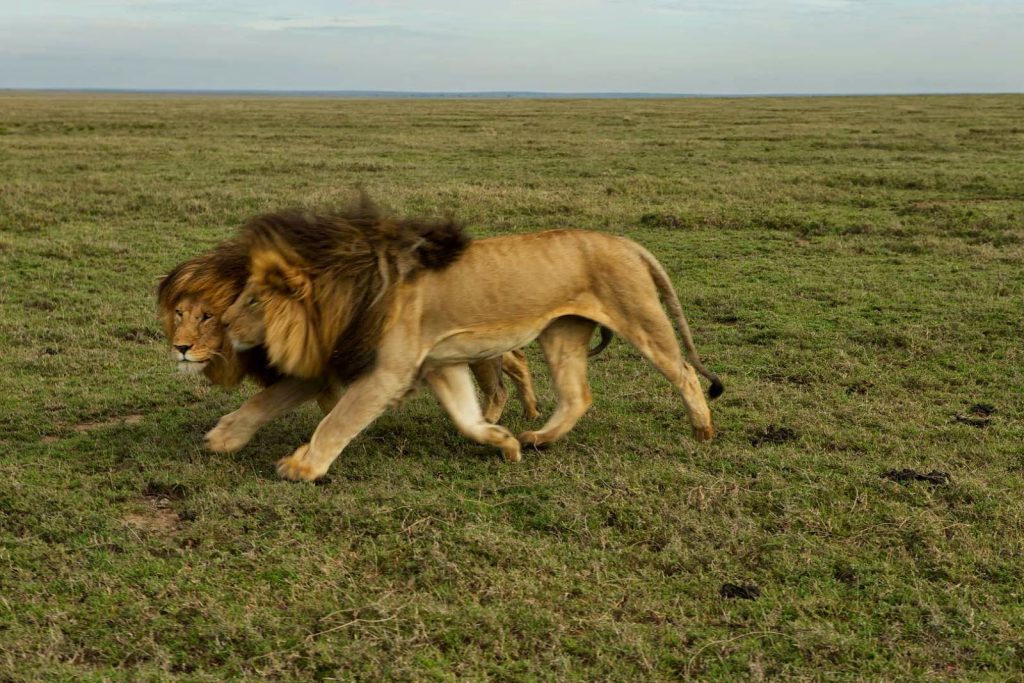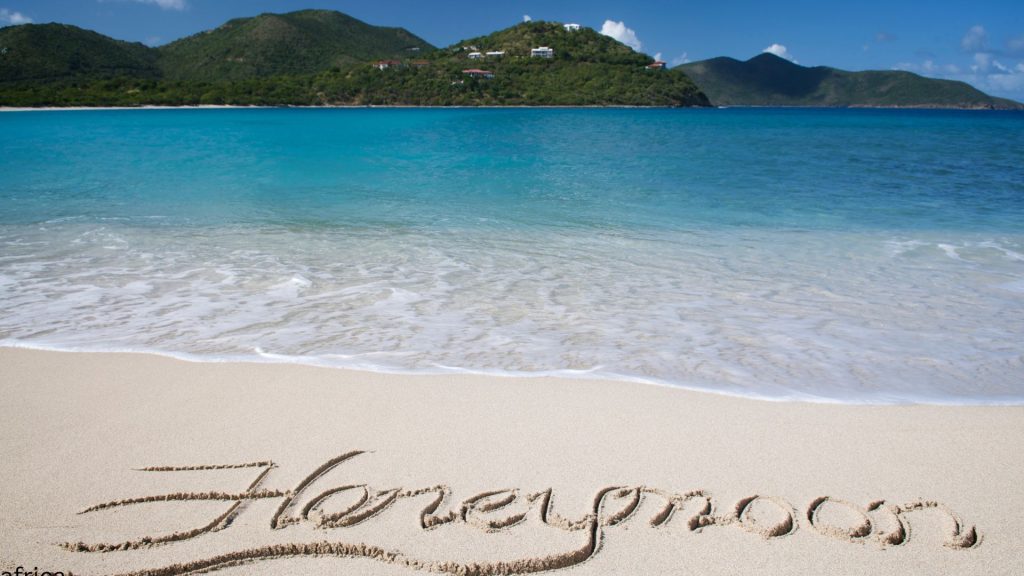Pemba Island
Pemba Island is one of the lesser-known islands of the Zanzibar Archipelago. It is, however, a popular honeymoon destination. If you want rest, tranquility, and a romantic atmosphere – this is the place to be! The coral reefs surrounding the entire island form a magnificent playground for snorkelers and divers. The Pemba Channel has impressive marine life, much like an underwater paradise. You can spot many colorful fish, sharks, dolphins, and even whales here. Also, be sure to explore the range of watersport activities. You can choose anything from kayaking, kite surfing, and windsurfing to a romantic sunset cruise in a traditional sailing boat.
The Clove Island
Pemba is still the predominant global producer of cloves, yielding around 70% of all the world’s cloves, but it now plays its more traditional role of being an island paradise with a small inter-island trade. Pemba Island also has a strong reputation as a ‘magic’ island, a center for ju-ju traditions of medicine and wizardry.
EXCURSIONS AND ACTIVITIES ON PEMBA ISLAND
- Snorkeling and scuba diving
- Cultural village walk
- Visit the Jambagome Ruins on a boat safari
- Dolphin safari
- Wakeboarding
- Kneeboarding
- Kayaking through the mangrove forest
- Sunset cruise
- Visit plantations (spices, vegetables, fruit)
Archeological Sites
Several fascinating archaeological sites are unmissable for travelers who are interested in history.
These include the Ras Mkumbuu, which features a mosque, ancient tombs, and houses from the 14th century, and Chakawa, which contains the ruins of a town dating from the 11th to 15th century.
The Mkama Nduma ruins are one of the most interesting sites. This 15th-century palace is the only known fortification on the Swahili coast.
To immerse yourself in the local culture, visit the Pemba Museum in Chake Chake to learn the island’s story. The island’s main town, Chake Chake, also contains the ruins of an old fort.
Spice Farms
Pemba is known as the ‘clove island’ because the island is the world’s main exporter of cloves. You can visit a spice farm to see the clove trees and discover how cloves are turned into essential oils at the ZSTC Clove Oil distillery.
The Zanzibar archipelago is nicknamed the ‘spice islands’ due to the countless spice farms that are found in the region. Pemba Island’s spice farms also produce cardamom, cinnamon, turmeric, black pepper, lemon grass, vanilla, and nutmeg.
You can book a cookery lesson or get a tour of the farm to see how the products are cultivated, learn about the history of the spice trade in the region, and get the chance to shop for the freshest, most authentic spices in the world.
Kidike Flying Fox Sanctuary
This sanctuary is home to a colony of 4,000 Pemba flying foxes, a large bat that is indigenous to Pemba.
You can watch the bats from a small viewing platform. During the day, they hang upside down and frequently take to the air.
Kidike is situated next to Kangagani village, 2km east of the main road between Chake Chake and Wete. Ask your driver to turn off the main road 10km northeast of Chake. Travel through Kangagani village, and the sanctuary will be on your right.
Scuba Diving
Pemba is known for being one of Africa’s best scuba diving locations. The island is surrounded by magnificent underwater walls and excellent topography, which provide habitats for many sea creatures, including turtles, reef sharks, hammerhead sharks, and big game fish.
The best diving sites are on the island’s west coast, including Misali Island and areas off the Kigomasha Peninsula, the Fundu Gap, and the Njao Gap, which are all part of the Pemba Channel Conservation Area.
Most divers have prior experience, but some companies provide courses and day trips for beginners. There is excellent visibility throughout most of the year, but you should avoid the rainy seasons (April to May, November to December).
Deep Sea Fishing
Deep-sea fishing is a popular half-day or full-day activity, and you can catch marlin, dorado, yellowfin tuna, and wahoo.
Pemba’s proximity to the Pemba Channel means that you have a good chance of catching big game fish that can be barbecued for dinner.
The prime fishing season is from mid-July to mid-April.
FLIGHTS TO PEMBA ISLAND
Flights to Pemba depart from the following airports:
- Arusha (appr. 2.5 hours), price indication: € 350
- Zanzibar (appr 30 min), price indication: € 95
- Dar es Salaam (appr 1 hour), price indication: € 140
TRAVEL TIPS FROM OUR EXPERTS ABOUT PEMBA ISLAND
Pemba is a beautiful and super romantic island where you can enjoy peace and friendly people. We have a special offer for newlyweds on their honeymoon: a bottle of prosecco, a massage, and a private dinner for free. Contact us so we can tell you more about all the available options.
When To Visit Pemba
The heavy rain season runs from April to May, during which many of the resorts are closed. These monsoons give the island its mangrove forests and swamps.
The smaller rainy season lies between November and December. Visibility for diving during these seasons is much lower, although there are also fewer malaria-carrying mosquitoes.
Pemba sits on the equator, so the average temperature is a balmy 26°C year-round.
How long to stay in Pemba?
Mostly 5 days (4 nights) to fully enjoy the beauty of Pemba Island.





